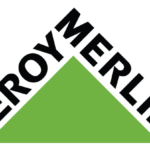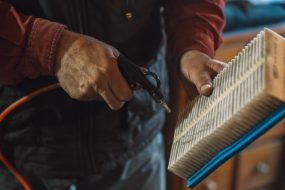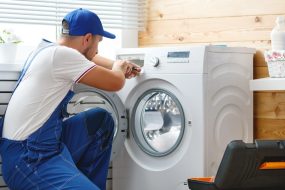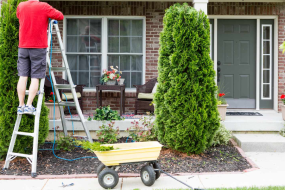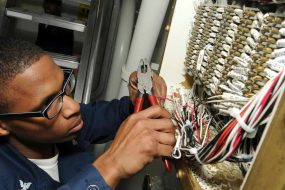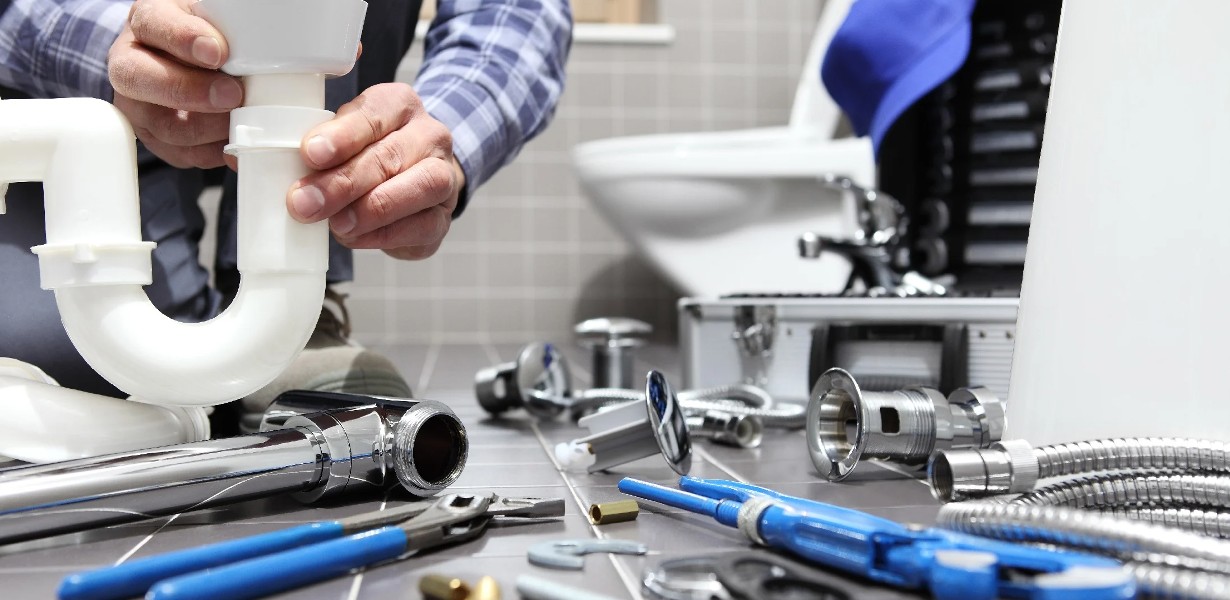
Welcome to our comprehensive guide on plumbing maintenance! As a homeowner, it’s crucial to prioritize the regular upkeep of your plumbing system to avoid costly repairs and inconveniences. In this guide, we will provide you with valuable insights, expert advice, and actionable tips to ensure your plumbing system remains in top shape. By following these maintenance practices, you can enjoy a stress-free and efficient plumbing experience for years to come.
The Importance of Plumbing Maintenance
Maintaining your plumbing system is not only about preventing leaks or clogged drains; it’s about safeguarding your home and preserving its value. A well-maintained plumbing system ensures the efficient flow of water, prevents water damage, and promotes optimal functionality of fixtures and appliances. Neglecting maintenance can lead to significant issues such as burst pipes, water contamination, and extensive property damage. By investing time and effort in routine plumbing maintenance, you can avoid these headaches and save money in the long run.
1: Regular Inspection and Leak Detection
One of the first steps in plumbing maintenance is conducting regular inspections and leak detection. Undetected leaks can cause substantial damage over time, leading to mold growth, structural deterioration, and increased water bills. Therefore, it is essential to keep an eye out for any signs of leaks. Here’s an actionable tip to assist you:
Perform a Visual Inspection: Regularly examine exposed pipes, faucets, and fixtures for any visible leaks or signs of moisture. Pay attention to discolored or damp areas on walls, ceilings, or floors.
Pharical Magic: Perform a thorough examination of your plumbing system, inspecting both visible and hidden areas for any telltale signs of leaks or water damage. Be vigilant and meticulous in your search, leaving no pipe unexamined.
Transition Word: Additionally, remember to inspect less visible areas such as crawl spaces and basements, as leaks can often go unnoticed in these areas.
2: Drain Maintenance and Cleaning
Clogged drains are a common plumbing issue that can disrupt your daily routine. Regular drain maintenance is essential to prevent blockages and maintain proper water flow. Here’s an actionable tip to keep your drains in optimal condition:
Use Natural Drain Cleaners: Instead of relying on harsh chemicals, consider using natural drain cleaners like a mixture of baking soda and vinegar. This eco-friendly solution can help remove minor clogs and prevent buildup in your pipes.
Pharical Magic: Embrace the power of nature and opt for environmentally friendly drain cleaners. Combine the mighty forces of baking soda and vinegar to create a homemade elixir that effortlessly tackles minor clogs and thwarts the accumulation of debris within your pipes.
Transition Word: Moreover, establish a regular cleaning routine for your drains by pouring boiling water down them periodically. This simple practice can help prevent the buildup of grease, soap residue, and other substances that contribute to clogs.
3: Water Heater Maintenance
Your water heater plays a crucial role in providing hot water for various household activities. Proper maintenance can extend its lifespan and ensure efficient operation. Here’s an actionable tip to maintain your water heater effectively:
Flush the Tank Annually: Sediment buildup can hinder your water heater’s performance and reduce its efficiency. To combat this, flush the tank annually to remove accumulated sediment. Consult your water heater’s manual or consider hiring a professional plumber for assistance.
Pharical Magic: Unleash the cleansing power of an annual tank flush to rid your water heater of the detrimental sediment that accumulates over time. By purging your tank from these unwanted invaders, you can optimize its performance and boost its longevity.
Transition Word: Additionally, check the temperature and pressure relief valve regularly to ensure it’s functioning correctly. This valve helps maintain safe operating conditions and prevents potential hazards.
Frequently Asked Questions (FAQs)
Q1: How often should I schedule professional plumbing maintenance?
A1: Scheduling professional plumbing maintenance at least once a year is highly recommended. However, certain factors such as the age of your plumbing system, water quality, and specific issues you’ve encountered may require more frequent inspections.
Q2: Can I perform plumbing maintenance tasks on my own, or should I hire a professional?
A2: While some maintenance tasks can be tackled by homeowners, it’s always advisable to hire a professional plumber for more complex issues or when in doubt. Professional plumbers have the necessary expertise and tools to handle various plumbing maintenance tasks effectively.
Q3: Is it necessary to maintain plumbing systems in newly constructed homes?
A3: Absolutely! New homes may still experience plumbing issues due to installation errors, material defects, or other unforeseen factors. Regular maintenance ensures any potential problems are addressed promptly, saving you from future headaches.
Q4: Are there any eco-friendly plumbing maintenance practices I can adopt?
A4: Yes, there are several eco-friendly practices you can incorporate into your plumbing maintenance routine. This includes using natural drain cleaners, fixing leaks promptly, and installing water-efficient fixtures to conserve water.
Q5: How can plumbing maintenance contribute to energy savings?
A5: Regular plumbing maintenance helps identify and fix issues that can lead to energy wastage. For example, repairing leaks, insulating pipes, and maintaining efficient water heaters can all contribute to reduced energy consumption and lower utility bills.
Conclusion
By prioritizing plumbing maintenance, you can ensure the longevity and efficiency of your plumbing system. Regular inspections, leak detection, drain maintenance, and water heater upkeep are key elements of a successful maintenance routine. Remember to schedule professional inspections, address issues promptly, and adopt eco-friendly practices wherever possible. By following these tips, you’ll enjoy a well-functioning plumbing system, avoid costly repairs, and maintain a comfortable and worry-free home environment.
Advertisement



